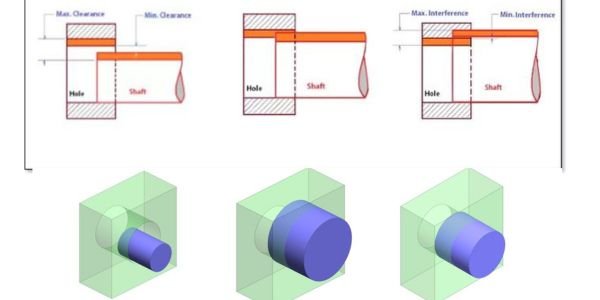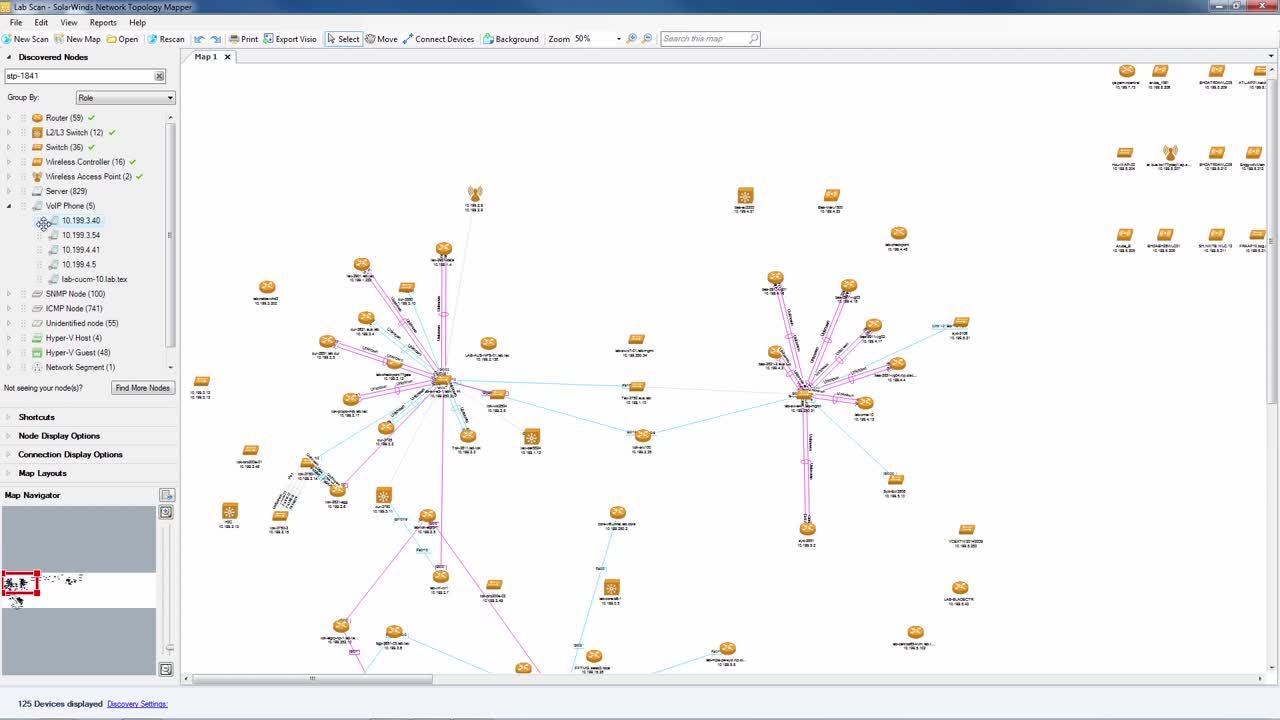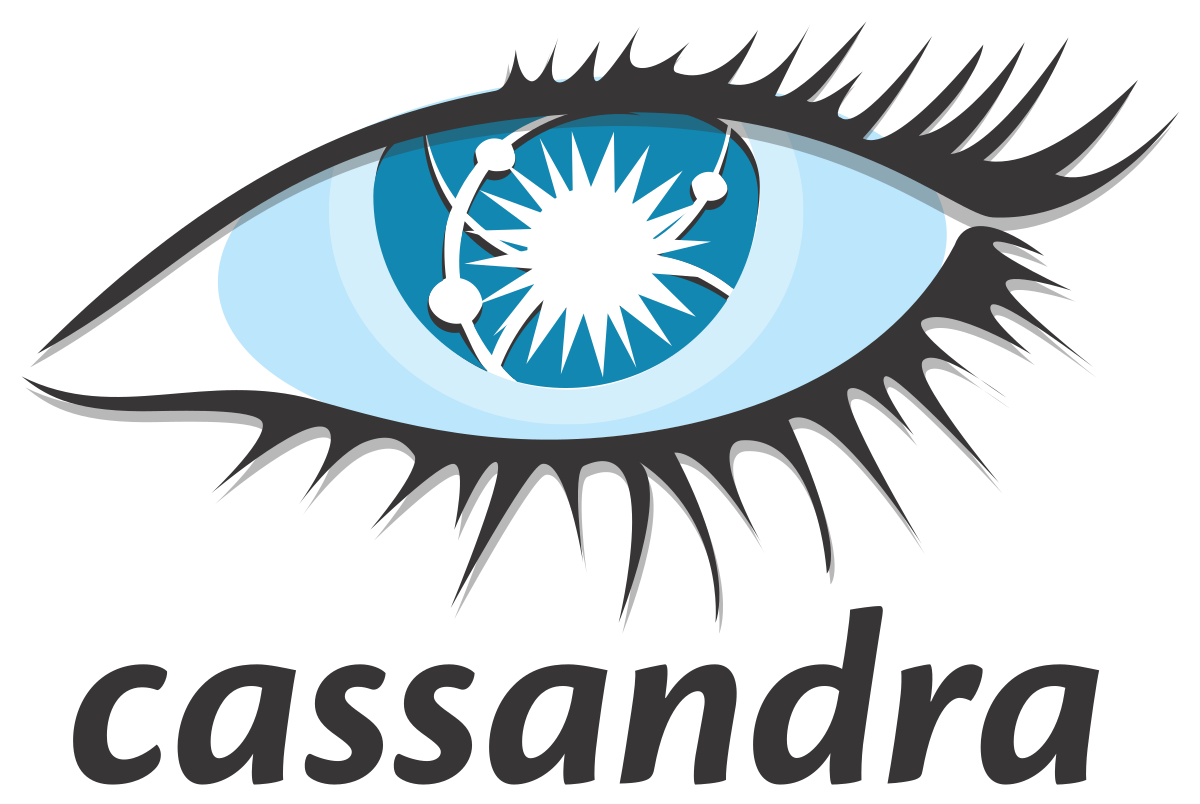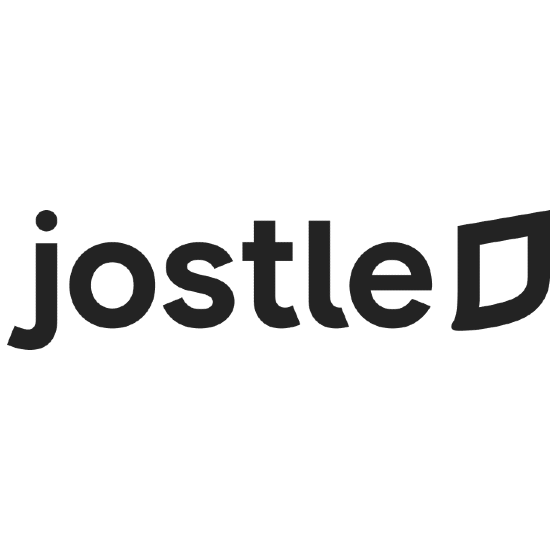Table of Contents
Cassandra DB Pros and Cons
Cassandra is an open-source distributed NoSQL database management system that is designed to handle large amounts of data across multiple servers while offering high availability and fault tolerance. It was originally developed at Facebook and is now maintained by the Apache Software Foundation. Cassandra is used by a wide range of organizations, including eBay, Twitter, and Netflix.
Let’s discuss the pros and cons of using Cassandra DB.
Pros of Cassandra DB:
Scalability: One of the main advantages of Cassandra is its ability to scale easily. Cassandra’s distributed architecture allows it to scale linearly by simply adding more nodes to the cluster. This makes it an ideal choice for organizations that need to handle large amounts of data and require a database that can grow with their needs.
High Availability: Cassandra’s distributed architecture also provides high availability. Data is replicated across multiple nodes, so if one node fails, the data is still available on other nodes in the cluster. This makes Cassandra a good choice for mission-critical applications that require constant availability.
No Single Point of Failure: Cassandra’s architecture is designed to eliminate single points of failure. Each node in the cluster can act as a coordinator, so if one node fails, another node can take over without interruption. Additionally, Cassandra’s data replication ensures that data is always available, even if a node fails.
Flexible Data Model: Cassandra’s data model is flexible and can handle a wide variety of data types, including structured, semi-structured, and unstructured data. This makes it an ideal choice for applications that require a high degree of flexibility in their data model.
High Performance: Cassandra is designed to handle large amounts of data quickly and efficiently. Its distributed architecture allows it to handle read and write requests in parallel, which results in high performance.
Cons of Cassandra DB:
Complexity: Cassandra is a complex database system that can be difficult to set up and maintain. Its distributed architecture requires careful planning and configuration to ensure optimal performance.
Query Language: Cassandra uses its query language called CQL (Cassandra Query Language), which can be difficult for developers who are used to SQL. This can make it more challenging to develop applications on Cassandra.
Limited Joins: Cassandra does not support joins, which can make it difficult to query data that is spread across multiple tables. Instead, Cassandra uses denormalization to optimize performance, which can make data modeling more complex.
High Storage Overhead: Cassandra’s data replication can result in high storage overhead. Each node in the cluster must store a copy of the data, which can result in a significant amount of disk space usage.
Eventual Consistency: Cassandra uses eventual consistency, which means that updates to the data may take some time to propagate across the cluster. This can result in inconsistencies in the data until the updates have propagated.
Cassandra is a powerful NoSQL database system that offers many advantages, including scalability, high availability, and fault tolerance. However, it is a complex system that requires careful planning and configuration to ensure optimal performance.
Additionally, its use of CQL and eventual consistency may make it more challenging for some developers to work with. Despite its challenges, Cassandra is a popular choice for organizations that need to handle large amounts of data and require a highly available and fault-tolerant database system.
Also, read Netsparker Desktop































Comment on “Cassandra DB pros and cons”
Comments are closed.